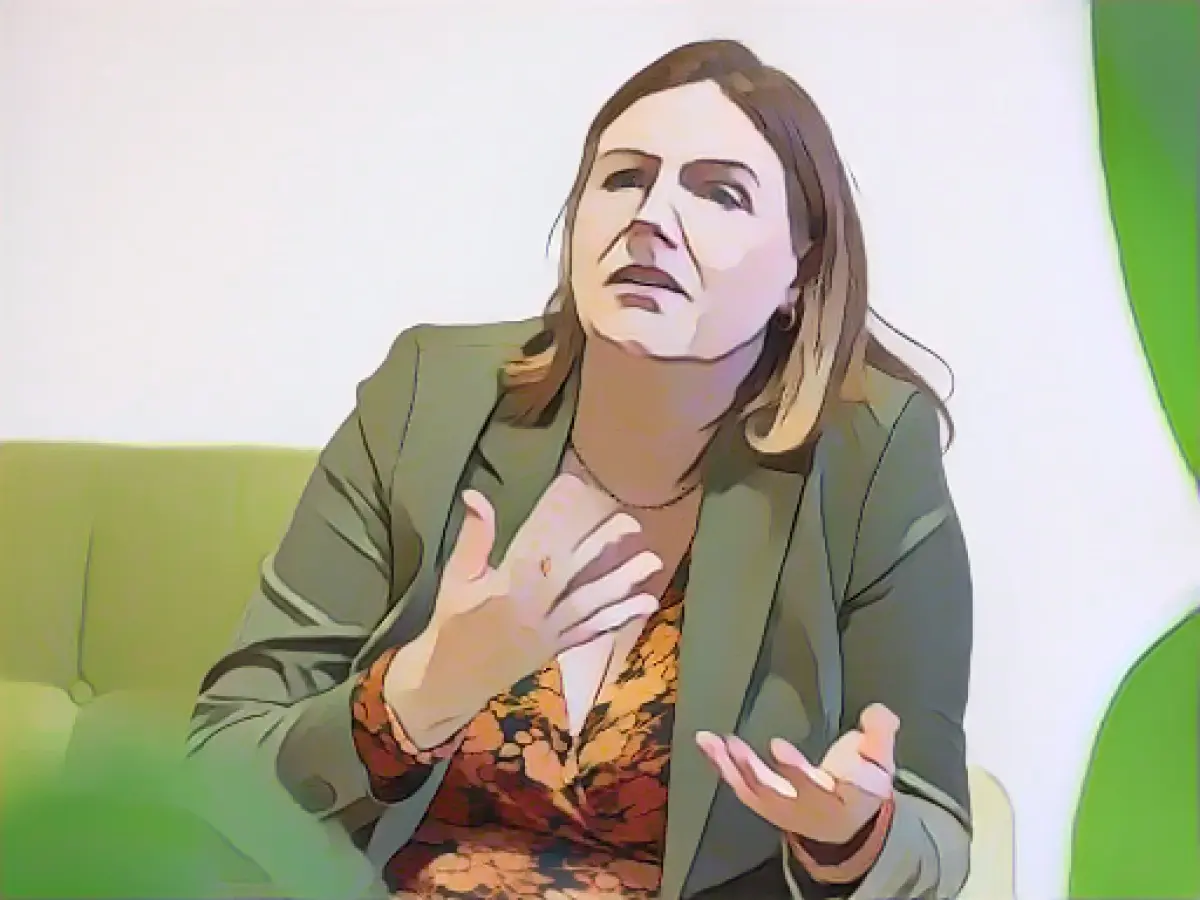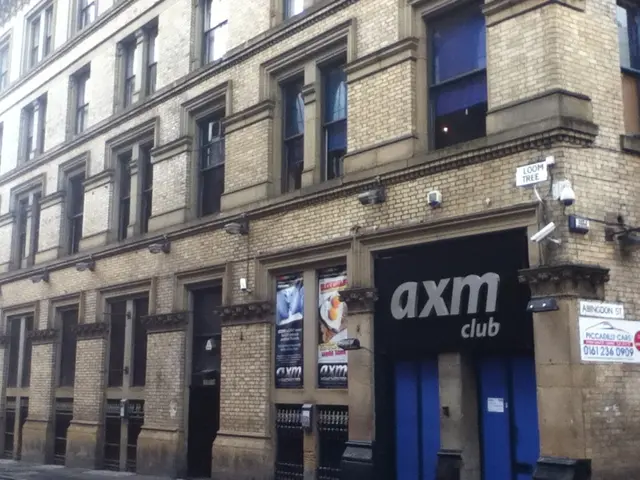Music Schools Need to Evolve with Society, Says Minister Binz
German Green politician Katharina Binz, the Culture Minister for Rhineland-Palatinate, believes music schools must adapt to societal shifts. In an interview with the German Press Agency, she mentioned that the state association of music schools is working on a future concept, taking the state's input into account.
According to Binz, the music school landscape has significantly changed over the years. Previously, it catered to the educated middle classes and those with a special interest. However, society has grown more diverse, and music schools must reflect this change.
The introduction of all-day elementary school starting in 2026 poses a significant challenge to music schools. They will need to consider how to reach out to these schools, which will have a diverse array of children with various backgrounds.
Binz also noted that music schools have received more state funding in recent years, reaching 3.5 million euros in 2020. Additionally, the state government funds a program for music school teachers to help them adapt to their new roles.
The Popakademie Baden-Württemberg, a music academy, provides some insight into how music schools might adjust. They've implemented initiatives like "Pop macht Schule," which integrates pop music into school curriculums to make music education more accessible. They've also signed the Keychange Pledge, committing to increasing diversity within the music industry.
Community engagement, through events like the Future Music Camp, and digital music education, such as online seminars and digital music camps, are other ways music schools can cater to a diverse population.
In conclusion, Binz encourages music schools to evolve with society, focusing on inclusivity, diversity, and innovative educational methods. This shift will help them cater to the needs of a more diverse population, particularly as all-day elementary school begins in 2026.








